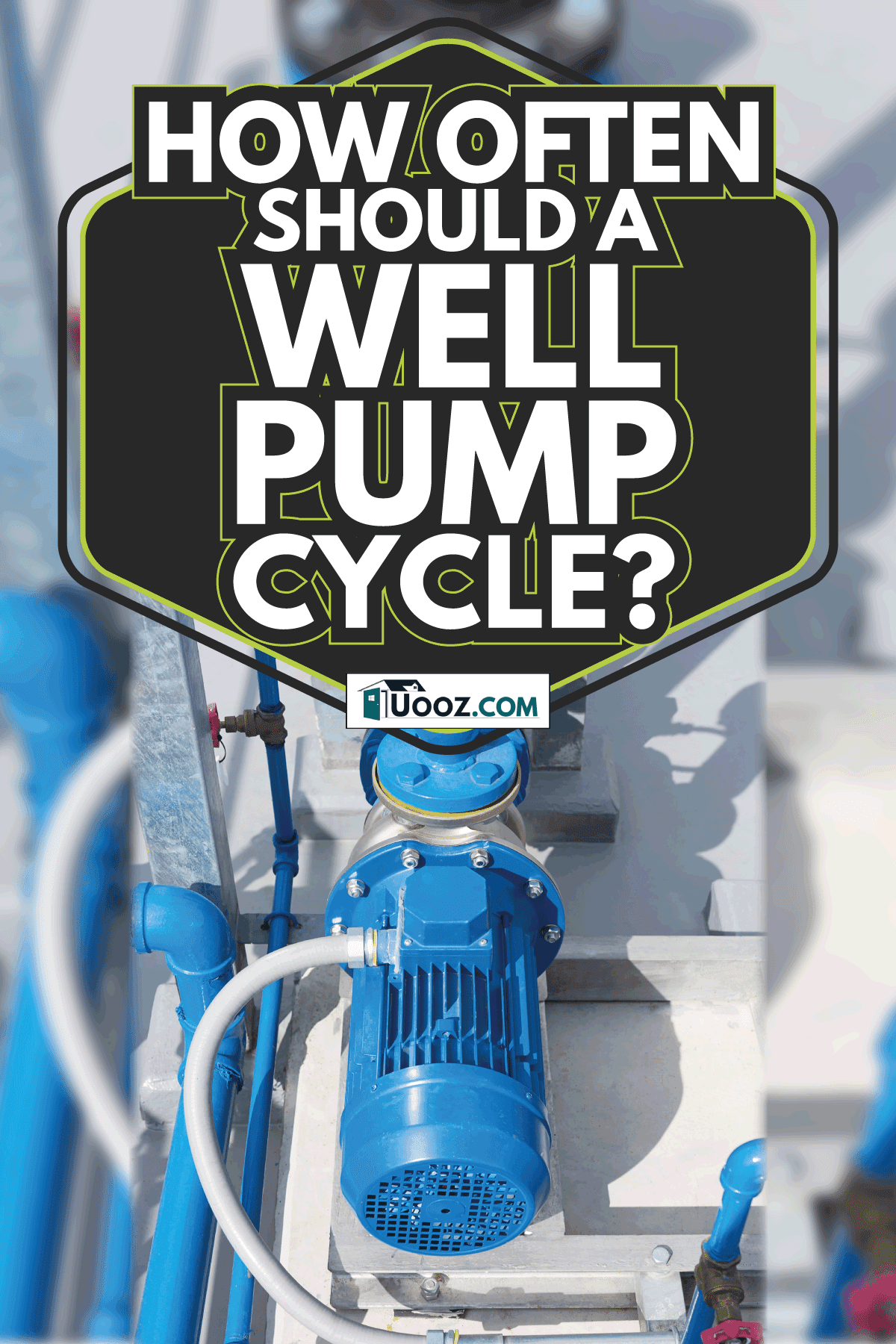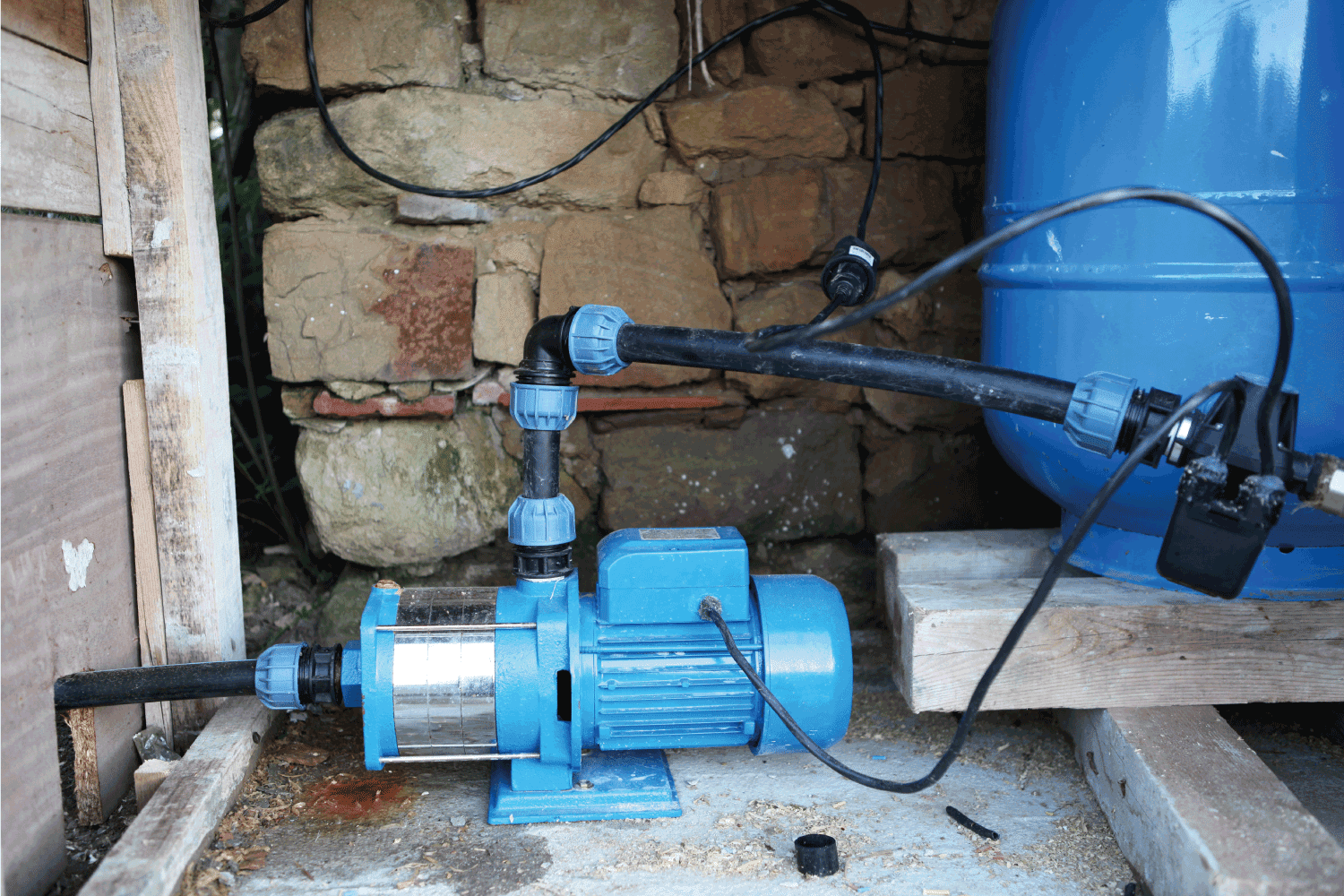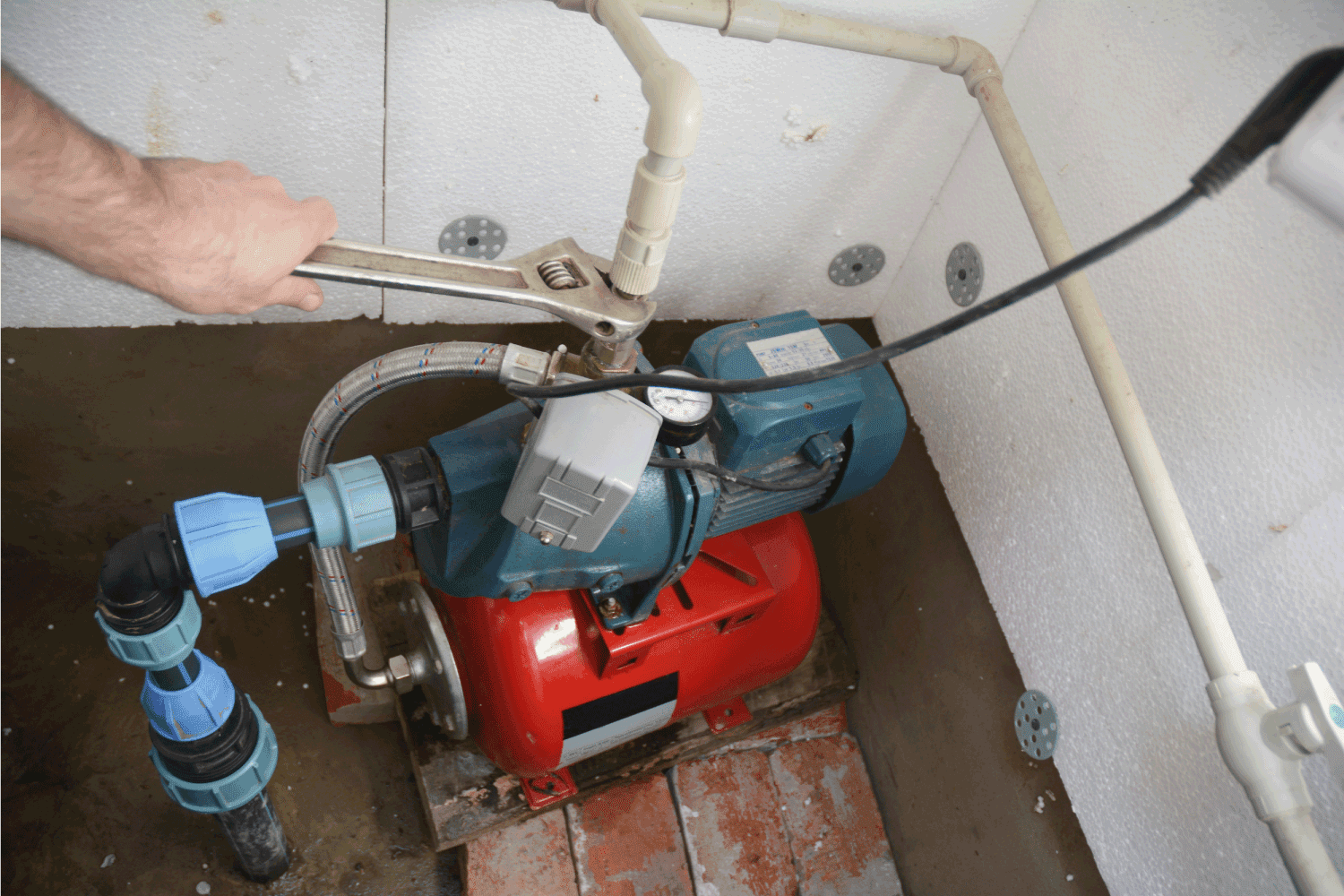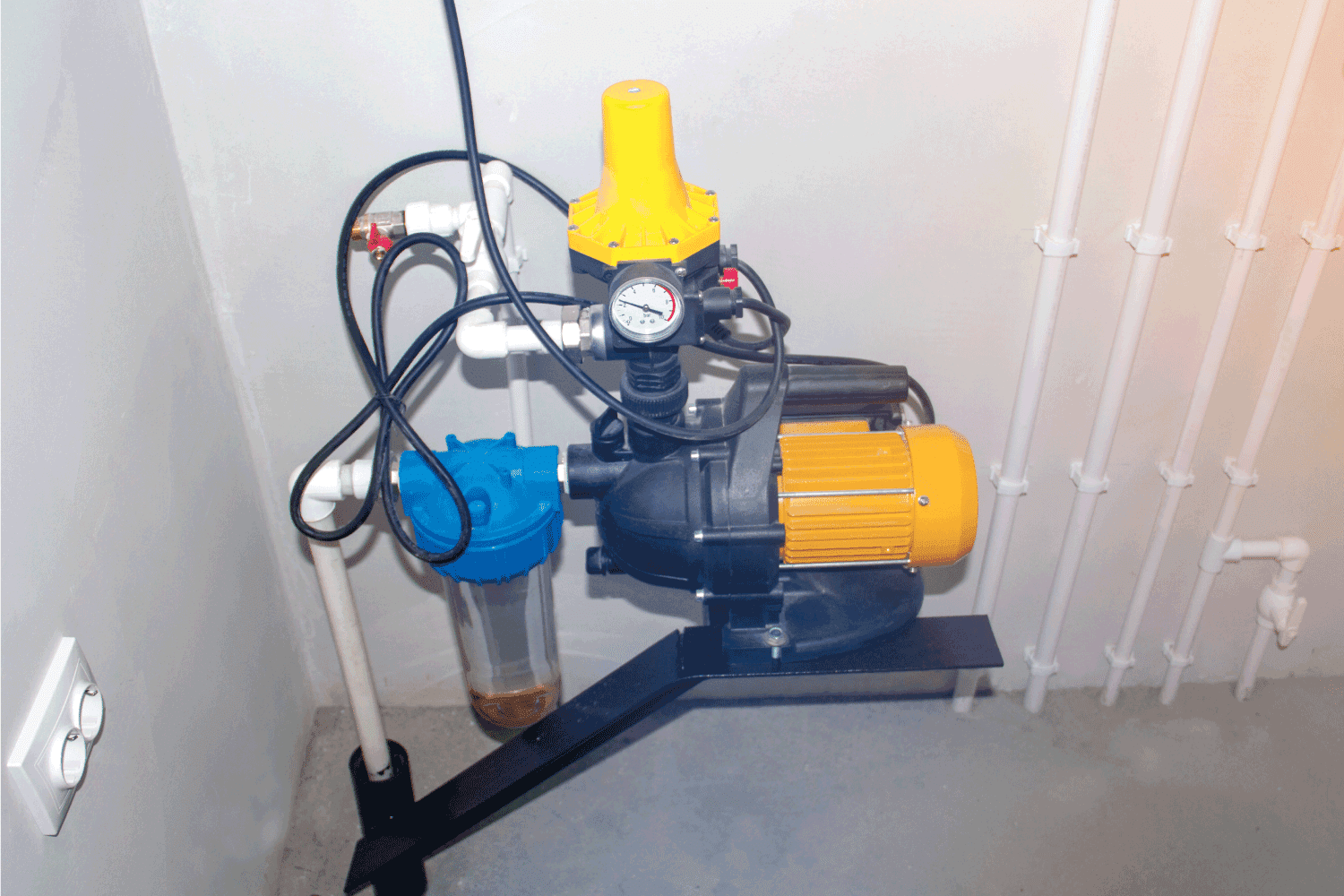For many of us, we take access to fresh water when needed for granted. But for those in more rural areas, there's often a dependence on a well and pump system to get clean water. With these well systems, however, mechanical questions can arise. One of the more critical things to know is whether your well pump is working as intended. How often should a well pump cycle without being too little or too much? We here at Uooz.com have researched the question and answered it for you down below.
Your well pump should run enough to fill your water tank in your home. It will then shut off until your water levels have dropped to a certain level before resuming again. The exact timeframe your pump will be running for depends. This fact makes pinning down a clear timeframe for when your pump should run impossible. However, if you notice your pump running too much, there are some diagnostics you can do.
We'll get into more detail, including the factors that affect a well pump, the diagnostics you can run to help your pump out, and more in the article below. Feel free to continue reading for more of that information.

How Often Should a Well Pump Kick On and Off?
There aren't too many exact numbers for this question out there, given all the dynamic variables at play. There's water use to consider, the power of the motor, and the size and effectiveness of your pressure tank, to name a few. Rather than having your clock out and timing your pump cycles, there are a few things you can do to ensure it's not being overworked.
You don't want your well pump to cycle too often because it will wear it out much quicker. As with all machines, the more asked of it, the harder it works. And if that cycling isn't serving a purpose, such as aiding with a heavy water load, it's simply throwing money away. So one of the best things you can do is educate yourself on what your pump should sound and feel like.
If you are using water with a normal running well pump, the run time could be anywhere from 30 seconds to two minutes. Pay attention to your well pump when it's running normally, taking note of the time of the cycles and their frequency. Knowing what is suitable for your pump and circumstances will let you know when something is genuinely wrong.
Knowing the type of well pump you have is also helpful information to have. The various kinds of well pumps function differently, so you should adjust your expectations accordingly. We'll go over a few now.
Shallow Well Pumps
Shallow well pumps tend to be installed in wells under 25 feet deep. They sit on top of the ground and draw out water through a single pipe. You might need a booster for constant water pressure for these pumps as they aren't the strongest out there.
Submersible Well Pumps
As their name suggests, submersible well pumps are underground pumps submerged in water in the well casing. A pipe connects the pump to the pressure tank of the house. These pumps work in wells anywhere from 90 to 400 feet deep.
Jet Pumps
Jet pumps use atmospheric pressure to push water, requiring priming with a foot valve. They are above ground and draw water from one pipe and send it into another. These pumps typically work on wells between 25 and 110 feet deep.
Read now on Uooz.com: 'Does a well pump affect water pressure?'

How Long Should a Well Pump Run Continuously?
This is another question that depends on several factors. One of the first things to know when figuring out how long your well pump should run continuously is the type of pump you have. We listed the types of pumps up above, but to recap, they fall under the general categories of submersible, jet, and shallow well pumps. Which type you have will determine how long it can safely run continuously.
Shallow water / centrifugal pumps are for wells with less water which means their runtime is the shortest of the three. Submersible pumps can be in shallow and deep wells, which means their suction power is more significant than centrifugal pumps. They can run for around 20 minutes.
And lastly is the jet pumps which are mainly used in deep wells and can run for as long as the water is available to them. Continuous pumping isn't recommended for smaller pump machines, as it will wear them out quickly. Always make sure not to overtask your device, and give it breaks if it requires them.
Why is my Well Pump Cycling On and Off?
If you notice your well pump quickly cycling on and off repeatedly, it's suffering from a problem known as short-cycling. A significant cause of short cycling is using too much water at once, more than the amount for which your pump is primed. For example, running sprinklers often uses up a lot of water. This can quickly empty your pressure tank, causing it to overheat. It can also cause issues with short cycling.
What Causes a Well Pump to Short Cycle?

Short cycling can result from several issues, including a lack of air in your pressure tank, a defective water pressure control switch, or clogged or corroded pipes between the switch and the pump. A clogged or dirty water filter can also cause issues with your pump cycling. We'll continue to list out some of the more prevalent reasons for continuous short cycling here below.
Water Pump Pressure Control Switch Problems
Switch contacts can burn up, or the opening into the switch, which senses the water pressure in the system, can become clogged with debris. This usually manifests as the pump switch not turning on at all, but it can also lead to short cycling. This is especially the case if the switch is improperly adjusted.
If your water has a high level of silt or debris, it's possible that the piping connecting the pump pressure switch to the well or the pump switch bottom orifice has become clogged. Another control switch failure is the rupture of the rubber bladder inside the switch itself. A switch with a damaged bladder will need replacement.
Blocked Water Supply Piping
For example, a clog in the water supply piping, such as the water filter, can cause the pump control to cycle on and off rapidly. This is because the blockage causes the water pressure levels between the pump and the filter to rise and fall quite quickly. Checking the filters is always a good idea when struggling with short cycling.
Overcharged Air in the Pressure Tank
Typically, if someone puts too much air, it causes overcharging in the water pressure tank. It will then blow out the excess air and correct itself on its own. But sometimes, this air has nowhere to go, and it's unable to fix itself. This can happen either when the tank is too full or when it's too empty, and both cases can do substantial damage to the tank and cause the well pump to short cycle.
If your pressure tank has been overcharged and is a bladder type, you'll probably have to turn it off, let all the water out, and then reset the air charge to factory settings. These settings should be slightly under 20 psi for a 20-40 water tank and 30 psi for a 30-5o water pump control tank.
Other issues can cause short cycling, so don't hesitate to contact professionals if need be. The life of your well pump, pressure tank, and water system, in general, will greatly benefit from your prudence.
How to stop well pump from short cycling
Diagnosing and immediately tackling the cause of the short cycling is the best thing you can do to stop your well pump from short cycling. Whether that means replacing totally corroded parts, resetting your overcharged air tank to factory settings, or clearing out clogged pipes and filters depends on your specific settings and problems.
Contact your local professionals since there's such a range of potential issues if you feel ill-equipped to look over your system yourself.
The most important thing is that you don't wait around and let it continue to happen. Short cycling doesn't take long to damage your well pump permanently, so keep on top of any potential issues.
Read now on Uooz.com: 'Does a finished basement need a sump pump?'

In Closing
Many of us take water for granted, just assuming it's always going to be available in our homes. But for those living in more rural areas and depending on a well system for our water, every part of the system needs to be working well. The water pump is an essential piece of the system that can quickly be sent out of wack, but thankfully can also be fixed.
We hope this article helped educate you and encourage you to take good care of your well pump and enjoy your access to water for a good long time.
